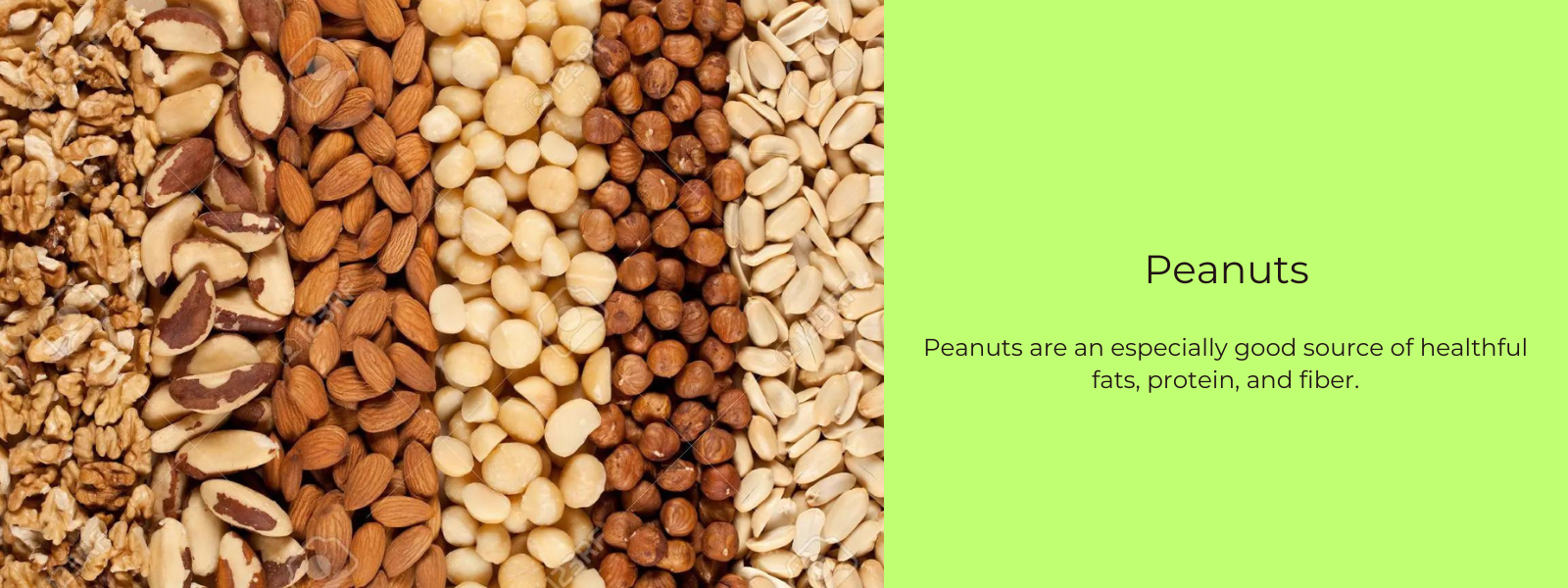The betel nut, also known as the areca nut, the supari, or simply the nut, is a staple of Indian festivals, gatherings, and religious rituals. Areca nut, which originated in India, has multiple medicinal uses. According to Ayurveda, it eliminates dental plaque, freshens breath, and cleanses the digestive tract of parasites and tapeworms.
Betel nut (supari) can be used both to treat cavities and to stop them from forming. Cavities are painful holes in the enamel (the outer layer of the tooth) caused by oral bacteria. Eating betel nuts might also reduce swelling and pain in the gums. The vaginal yellow discharge is treated with betel nut, and it is also used to alleviate period cramps.
Regular consumption of betel nut can help men whose condition is exacerbated by premature ejaculation. When high levels of attention and mental alertness are required, betel nuts can be chewed to increase energy and focus. Indigestion can be alleviated by chewing on betel nuts.
Betel nut has several positive health effects, including a reduction in the symptoms of diarrhoea and constipation. Stroke victims often have trouble communicating due to weakened speech muscles. Strengthen your muscles and sharpen your tongue with a few betel nuts. Betel nut is helpful for people without anaemia as well.
Table of Contents
What is betel nut (supari)?
The betel nut fruit is produced by a palm feather tree that reaches a maximum height of 1.5 metres.
Betel nuts can be used either fresh or dried, and either way, they can be boiled or roasted. The betel nut, with its warm, acidic flavour, complements the flavour of any spice. The betel nut is removed from its quid and chewed on the go. The health benefits of the quid have led to its habitual consumption by people of all ages.
Origin and cultivation of betel nut:
One of the most important cash crops in India, supari (betel nut) is largely planted in the states of Kerala, Assam, Karnataka, Tripura, Maharashtra, and West Bengal. Betel nut is mostly cultivated in India, Bangladesh, China, Indonesia, and Burma.
Betel nuts may have originated in either Malaysia or the Philippines, though this has not been conclusively proven. Betel nut, also known as areca nut, is widely cultivated in both of these regions. These regions then ship their harvest to other Asian countries, where betel nut is grown commercially.
Betel nut trees need a lot of moisture to produce fruit. This means it can't be grown in regions with insufficient precipitation. Betel nuts thrive in areas where the temperature ranges from 14 degrees Celsius to 36 degrees Celsius.
Types of betel nut:
Several methods of preparation result in a wide range of betel nut products. To make white areca nut, ripe areca nuts are collected and then dried for two months. Supari is what you get after you take the shells off the nuts. The green areca nut is gathered, husked, and boiled in hot water to produce the crimson supari. Chikni supari is the name for the finished product.
Importance of betel nut in Hindu tradition:
The areca nut or supari plays a significant role in Indian tradition. It is a must-have in 'tamboolam,' the typical exchange of gifts at events like weddings, housewarmings, and even a golu, and is often associated with good omen or fortune. Making a sacrifice to a deity in Hinduism is not complete without reciting the poem Pungi Phala Samayuktam and burning an areca nut. It's not uncommon for Indian hosts to offer their visitors a spoonful of areca nut to chew on after a meal, or for family members to snack on the tiny morsels themselves to stave off boredom.
Health benefits of betel nut:
Betel nuts are good for your teeth
Betal nut protects the enamel, the protective outer layer of teeth, from decay caused by eating too many sugary foods. When people eat more sugar at night, they increase their risk of developing cavities. Hence, avoiding cavities and alleviating tooth pain can be achieved by substituting betel nut for sugars in one's diet.
Betel nut is used as a breath mint.
Diabetic symptoms often include a persistent dry mouth. Dry mouth can also lead to chapped lips and foul breath. The increased saliva production prompted by chewing betel nut is a powerful defence against dry mouth and its complications.
Betel nut for whitening teeth
The yellowing of the mouth is a common ailment that affects many people. Excessive intake of caffeinated and other caffeinated beverages is to blame. A person's confidence might take a serious hit if they have poor dental health. If you want to avoid your teeth turning yellow or brown from using betel nut, you should first roast it, then grind it into a fine powder and massage it directly on your teeth for a few minutes before rinsing your mouth out. If you make this a routine, your teeth will stay bright for a long time.
Betal helps to avoid gum disease
Gum infections are a common problem. They can use the water from boiling the betel nut in a cup as a mouthwash. The gum disease, edoema, and pain would all be diminished if this were done. Burning one nut and then using the ash to treat gum infections is another option. Betal nut, clove powder, and katha should be combined, then the resulting powder should be diluted in water and used as a rinse.
Betel prevents Gum swelling
Powder up some Katha, ajwain, and sendha namak, and add them to the ghee-fried betal nut in equal parts. Make a paste by adding water to this mixture. The gums should be coated with this paste and left that way for a few minutes. Your painful gums will significantly decrease in size.
Betel helps with stomach issues
Having a tasteless mouth is a common symptom of dyspepsia. Betel nut chewing promotes a healthy digestive tract, gets rid of indigestion, and gets you hungry again. As digestion is boosted, constipation disappears and the body as a whole benefits. Having healthy bowel movements can do wonders for one's mood and outlook.
Preserves the health of women
Leucorrhea is the medical term for a yellowish vaginal discharge that some women experience. In most cases, an oestrogen deficiency is to blame for this disorder. The hormonal imbalance can be treated with betel nut. In addition, eating betel nuts before your period begins has been shown to lessen the severity of abdominal and vaginal pains.
Betel nut enhances focus
If taken in moderate doses, betel nut has been shown to enhance focus and productivity. Nighttime drivers who chew betel nuts report feeling more awake and in control of their vehicles. The use of betel nut by those whose work calls for constant concentration is encouraged.
Betel nuts helps in diarrhoea
In the case of diarrhoea, the digestive tract is unable to break down liquids and food, leading to the loss of significant quantities of watery faeces. A person's life is lost if this illness is not treated. Betel nut aids in the recuperation process by reducing bloating and the need to use the loo frequently.
Protects sexual vitality
Infertility in men can be treated with betel nut because it prevents men from ejaculating too early. The reason for this is that males can reach their climax earlier than usual, which implies that sperm do not make it to the egg in time to generate a foetus.
Increases Stamina
Individuals who have had a heart attack may have weak muscles, which might manifest in slurred speech. Speech and muscle strength can both benefit from frequent betel nut consumption.
Heal anaemia and stabilise blood sugar
Anemia is caused by a lack of iron in the body. Low blood sugar levels are the result of insufficient food synthesis in the bloodstream. Both conditions can benefit greatly from frequent betel nut ingestion.
Side effects of betel nuts:
There is strong evidence that betel nut consumption during pregnancy can harm the developing foetus. Due to the significant cancer risk, betel nut should only be used in moderation. It is best to stop eating betel nuts if they induce low blood pressure and shortness of breath, as these symptoms can be dangerous. Asthma patients should avoid betel nut at all costs because it has been shown to worsen the illness. Abrasives in the mouth from the betel nut's slaked lime content have been linked to cancer-causing chemicals in the body. White lesions appear first on the body, eventually developing into a painful tumour. The procedure to remove the lower jaw causes additional physical distress.











Leave a comment